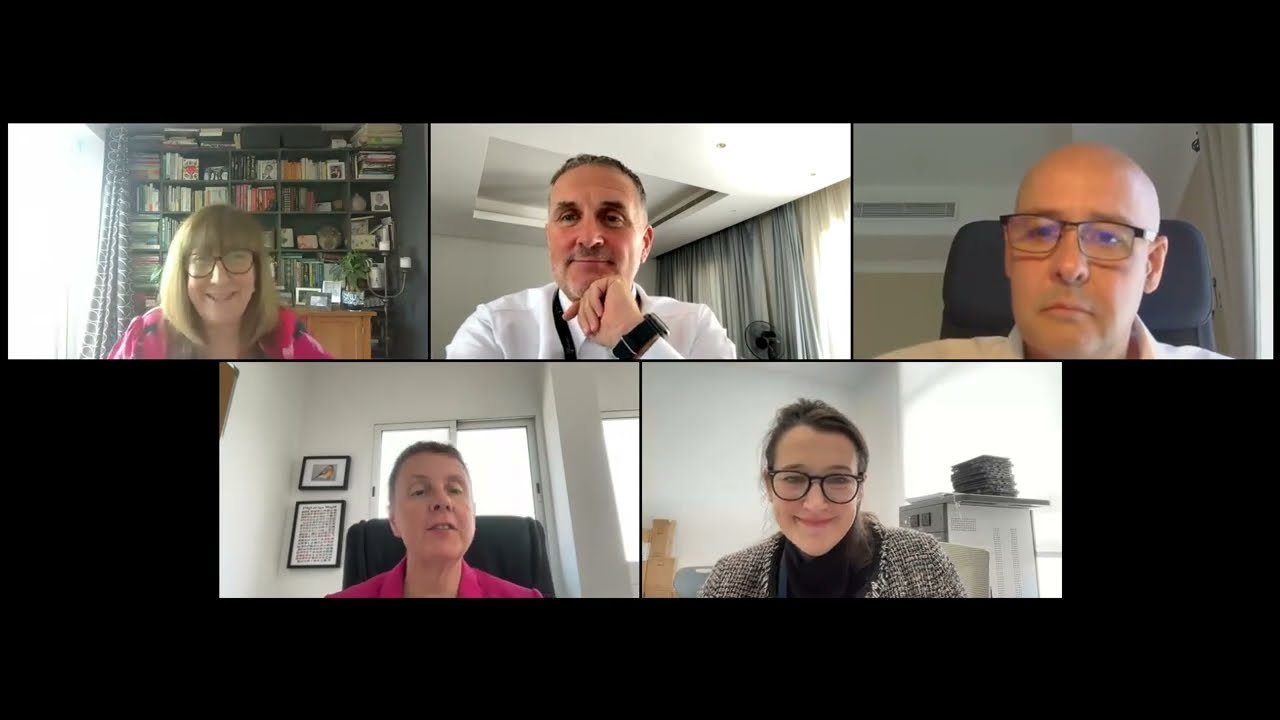Working towards outstanding from the start

To be conspicuous, noteworthy, or superior’, but this is only one interpretation of the word, and in our view the perspective that matters most belongs to the voice of authority on education.
The government body monitoring the quality of education in schools, highlights the key inspection judgements in its inspection framework, and what they mean. It describes ‘outstanding’ as the provision of exceptionally high quality. However, despite very specific guidelines laid down by the Early Years Foundation Stage Framework, its expectations are open to interpretation. This is mainly because there is a huge variety of early years settings and needs of the families and communities they serve are unique and very different. Definitely one size most definitely does not fit all.
Most early years settings would agree that their goal is to achieve an ‘outstanding’ inspection, but ‘outstanding’ can mean very different things to different people. The challenge is to create a clear understanding of what the term means to the individual decision-makers and other stakeholders, and then formulate the vision, practice and actions that will most closely produce it. It is very essential for an early years leader to establish a clear picture of what your vision of an ‘outstanding’ setting is. I have spoken to a few Heads of Foundation Stage, who describe their frustration at being overwhelmed with information, expectations and sometimes-conflicting demands; they feel trapped in the repetition of behaviour and actions that increasingly contradict the values and beliefs they hold and the positive outcomes they are striving to create. This may include a feeling of being bogged down with dealing with day-to-day pressures and problems, which impacts on their ability to focus on what they really want to do and achieve.
It is the process that is important here. Keeping in mind the end-result or outcome requires focus and flexibility; it is easy to become over-involved in the little details and the worry of being seen to have an obvious end-product that can be evidenced through paperwork. When exploring what is important to you and what your individual interpretation of ‘outstanding’ is, it is important to create your views by stating them in the positive and feeling confident that what you are saying accurately reflects your beliefs, values and priorities. If you are not absolutely clear at this stage, then how can you confidently express yourself to others who are also placing a judgement on your setting? To be really clear about what is important to you, it should feel right. When something feels right, it is generally working well. When it doesn’t feel right, you are identifying obstacles and issues that are holding you back and creating negative patterns of thoughts and behaviours that will then impact on everyone else in the setting, creating frustration. Therefore, at this stage, it is important to hold back on any of the potential problems and obstacles that may surface and concentrate solely on the best possible imagined outcome that fits your ideal view of what being ‘outstanding’ means to you.
On a sheet of paper, write down everything you can think of that matches your ideal interpretation of ‘outstanding’. Take into account:
- Things that already reflect this in your setting;
- Examples of good practice you may have seen elsewhere;
- Specific examples of what your ideal would be in terms of environment, staff, financing, children, families;
- How they already view you and how you like them to view you.
Stay up to date
Subscribe to the free GESS Education newsletter and stay updated with the latest insights, trends, and event news every week. Your email address will remain confidential


